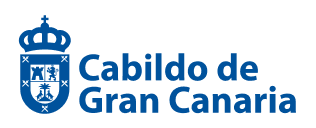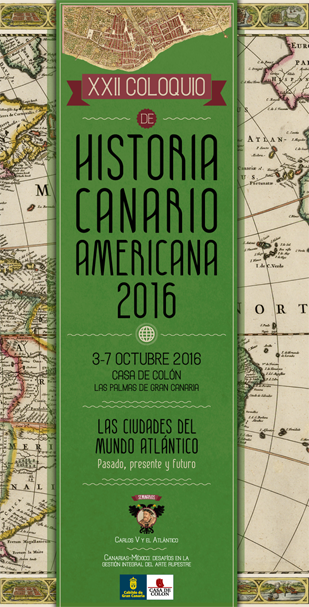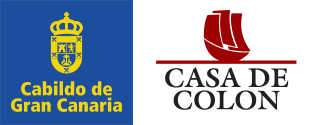Los puertos del Caribe y el Atlántico / The ports of the Caribbean and the Atlantic
Palabras clave:
Santo Domingo, Caribe, economía atlántica, Atlántico, ciudades-puerto, Islas Canarias, África, esclavos, azúcar, tabaco, corsarios, colonias, Antillas, Cuba, Española, La Habana, Cartagena, comercio libre, libre comercio, plantaciones, puertos neutralesResumen
Esta ponencia muestra el desarrollo de los circuitos comerciales que hicieron del Caribe un elemento central en la formación de la economía atlántica, y señala que desde mucho antes de que estallaran las revoluciones norteamericana, francesa y haitiana, el Atlántico era ya un complejo económico integrado no sólo por las ciudades-puertos, sino también por sus respectivos hinterlands. Las ciudades-puertos eran a la vez centros con vida propia, pero también pivotes que facilitaban la comunicación y el intercambio entre el corazón de Europa con el corazón de América, y entre estos y el corazón de África. El Atlántico fue el espacio que sirvió de plataforma inicial para la formación del moderno mercado mundial. En ese proceso las Islas Canarias jugaron un papel protagónico desde el primer viaje de Colón hasta bien entrado el siglo 20.
This presentation shows the development of the commercial circuits that made the Caribbean a central element in the formation of the Atlantic economy, and points out that long before the North American, French and Haitian revolutions broke out, the Atlantic was already an integrated economic complex not only by port cities, but also by their respective hinterlands. The port cities were both centers with their own life, but also pivots that facilitated communication and exchange between the heart of Europe with the heart of America, and between them and the heart of Africa. The Atlantic was the space that served as the initial platform for the formation of the modern world market. In that process the Canary Islands played a leading role from the first voyage of Columbus until well into the 20th century.




